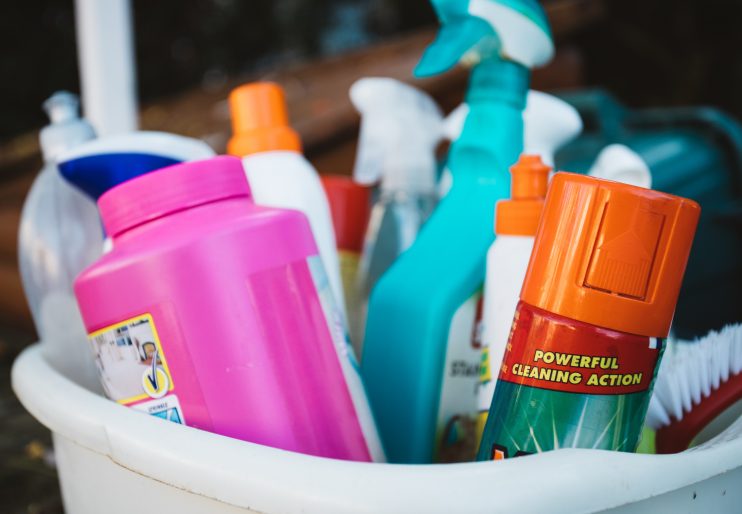Shoppers increasingly scrutinize nutrition labels, selecting products that for instance are low in sodium or artificial sweeteners.
But now, and possibly just in time for Earth Day 2021, consumers are scrutinizing product labels looking for another metric: the carbon footprint of a product.
This was the conclusion of Unilever, manufacturers of Dove Soap. According to a recent report in the Wall Street Journal, the company says they found that “brands perceived as sustainable have grown faster than those that aren’t.”
In the past couple of years, several other companies have started putting carbon labels on their products. These include Quorn, a meat substitute; Country Crock butter; restaurant chain Just Salad; L’Oreal; and Logitech International, manufacturers of computer keyboards.
“When a company puts a ‘carbon label’ on one of their products, it’s an assessment of the carbon [greenhouse] emissions released by the product, essentially from the cradle to grave,” says Steve Ashkin, America’s Father of Green Cleaning, and the cleaning industry’s leading advocate for sustainability. “View it as an environmental impact score.”
According to Ashkin, expect more sustainability-focused companies to provide information on the carbon impacts of their products, “especially if these companies find it spurs sales. Then it becomes a win for the company, the consumer, as well as the environment.”
There are, however, some challenges along the way.
For instance, currently, there are no standardized methods to substantiate the carbon emissions of a product. However, the European Union is starting to develop such standards.
“What’s most important is that these standards be accurate,” adds Ashkin. “We can’t have guestimates. Consumers must be confident in the metrics from the start.”
As to carbon labels being placed on cleaning solutions, Ashkin believes that will be coming soon.
“Many cleaning solutions in the professional cleaning industry perform about the same and cost about the same,” he says.
“Carbon labels on cleaning solutions are a differentiator and could shift the way industry professionals select products, similar to the way nutrition labels have changed consumer buying habits.”










